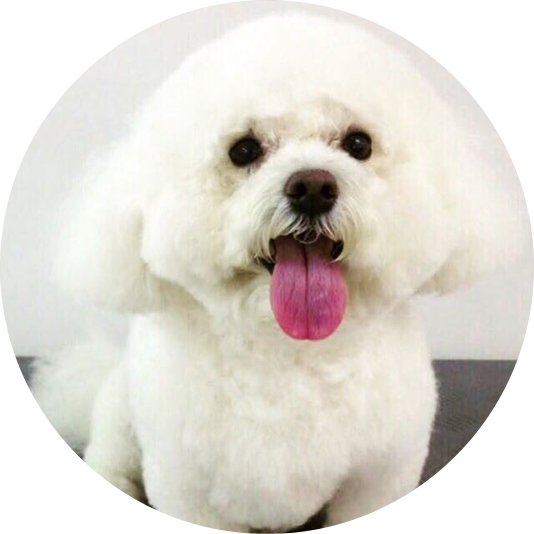Labrador Retriever
Curious and kind, with a great appetite
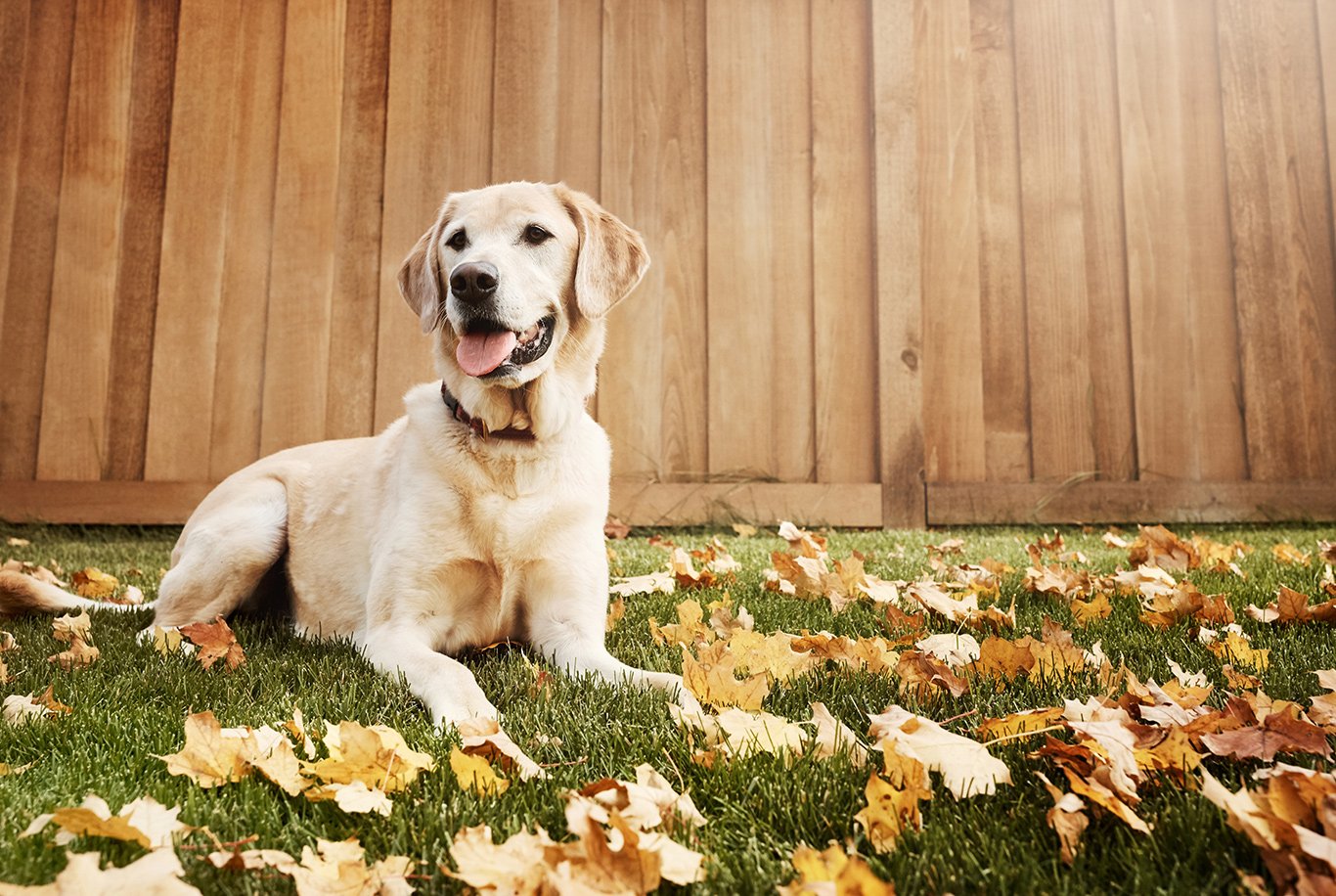
Labrador Retriever is a medium-large dog breed that is considered to be one of the most popular breeds internationally. In many countries, Labrador (also called Lab) is a preferred dog breed for disability assistance.
 Country of origin: Country of origin: |
United Kingdom and Canada |
 FCI group: FCI group: |
Group 8, Section 1 Retrievers #122 |
 Temperament: Temperament: |
Intelligent, Kind, Agile, Even Tempered, Outgoing, Trusting, Gentle |
 Colors: Colors: |
Black, Chocolate, Yellow |
 Weight: Weight: |
Male: 29–36 kg, Female: 25–32 kg |
 Height: Height: |
Male: 57–62 cm, Female: 55–60 cm |
 Life expectancy: Life expectancy: |
from 10 to 14 years |
Labrador Retriever puppies
Even though a Labrador Retriever is known for its good nature, it is important to properly socialise puppies in order for them to grow up friendly towards people as well as other animals. As a breed, Labrador Retrievers are curious and exploratory. They love following people, animals or interesting smells. They can easily wander off without the company of the owner, so it is advised to keep a good eye on them, especially while puppies explore their surroundings. Labradors are enthusiastic as well as energetic and because of that should be leash-trained as soon as possible to prevent pulling when matured. There is a chance of grown-up dogs suffering from hip and elbow dysplasia, although it is not as common as in other breeds. Labradors are also prone to having knee problems. Providing a healthy diet, preferably containing a proper balance of glucosamine and chondroitin can be beneficial (Valp Maxi from Husse range can be great for feeding Labrador Retriever puppies). Since Labradors like to eat they should have plenty of exercises to prevent obesity.
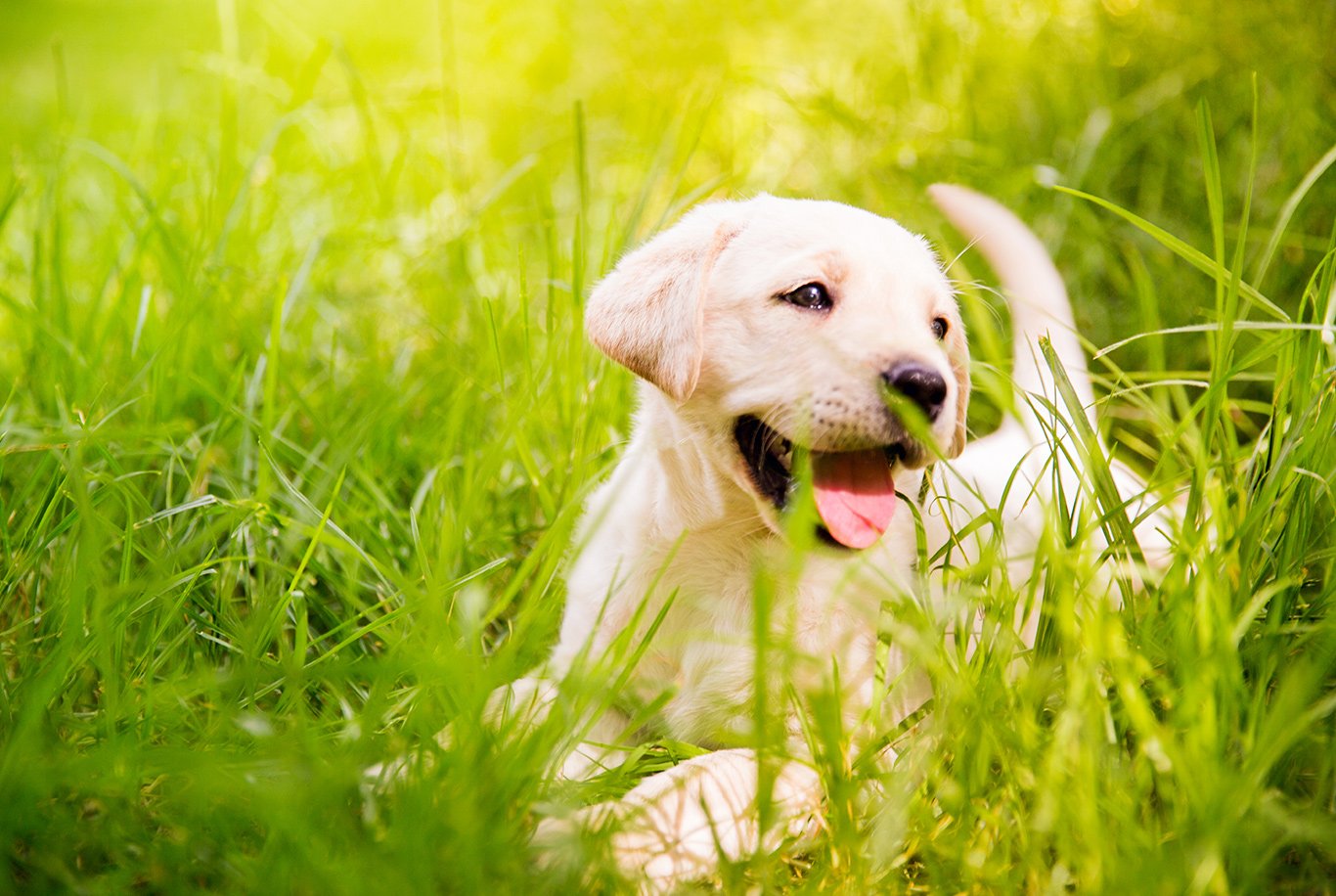
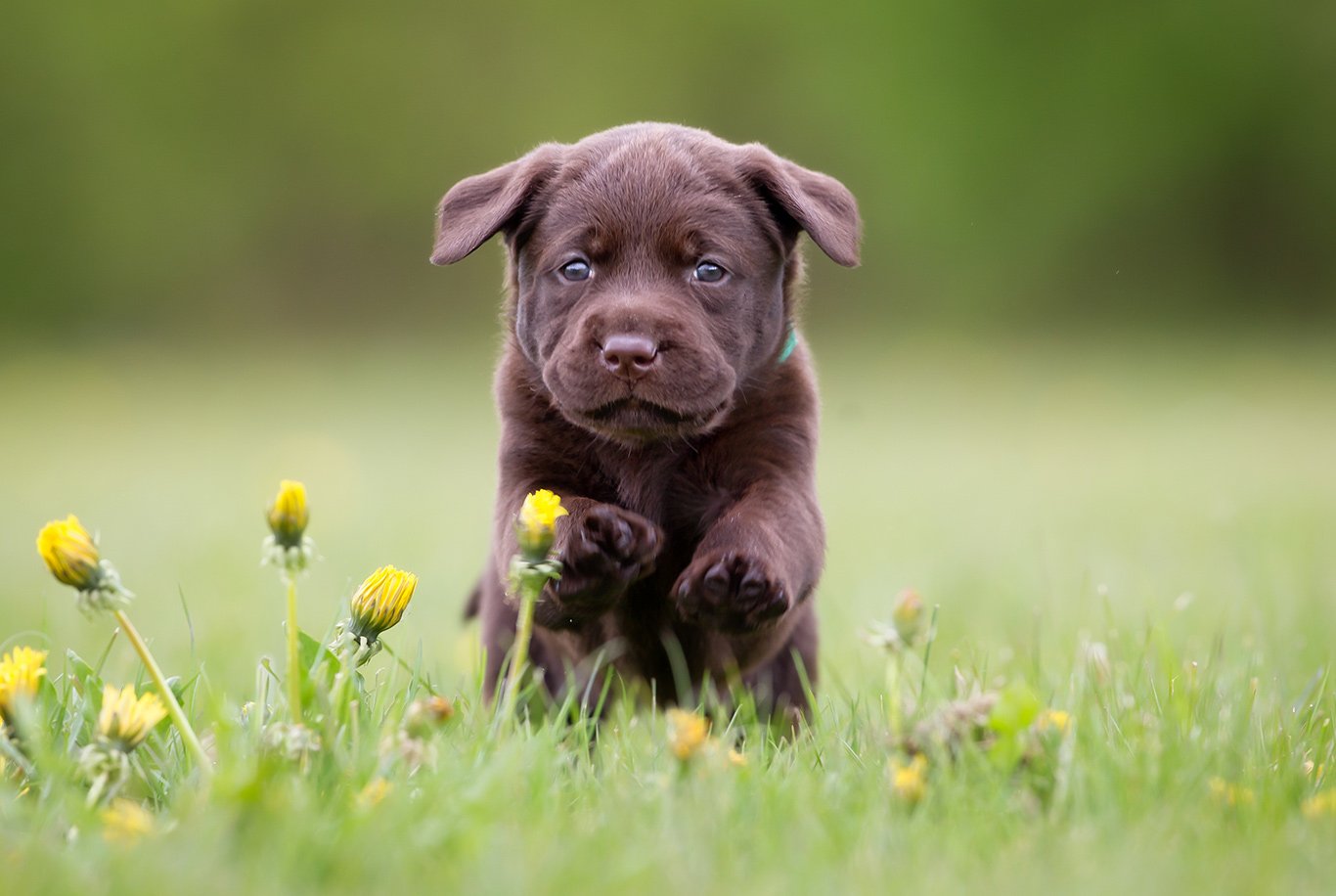
Labrador Retriever’s nutrition
Labrador Retrievers have a great appetite, making them the most likely dog breed to suffer from obesity. A proper amount of exercise combined with a well-balanced diet should significantly decrease the chance of Labrador becoming obese. Labradors, especially when older, can become a bit lazy, which results in them not getting enough exercise. Feeding a low energy diet (preferably below 10% of fat) that is rich in fibre is advised. Older and overweight Labrador Retrievers commonly suffer from osteoarthritis. Optimal Light from Husse range is a perfect choice in that case. The addition of glucosamine and chondroitin in that particular dry food ensures proper joint condition.
Optimal Light | Complete nutrition for dogs in need of weight management
Sensitive Light | Complete nutrition for sensitive dogs in need of weight management
Detailed description of Labrador Retriever
Labrador Retrievers are considered a medium-large dog breed. Since Labradors are the most likely dog breed to become obese, typical weight for males should be around 29–36 kg and for females 25–32 kg. These dogs have a strong sense of smell which makes them great detection dogs for tracking.
Genesis
Labrador Retriever’s first appearance dates back to the 1830s when it was brought to Britain on a trading ship from Canada. In the early years, many have confused Labrador with Newfoundland, but by 1870 the name Labrador Retriever became commonly known in England. The first recorded case of yellow Labrador being born dates back to 1899. In 1938 black Labrador Retriever became the first dog in history to appear on the cover of Life Magazine.
Appearance
Although there is a great variety among Labradors, the breed has some typical characteristics. Labrador Retrievers are built proportionally and should be as long from the withers to the base of the tail as they are from the floor to the withers. Labrador’s coat is dense, short and water-resistant, which allows for swimming even in cold waters. Colours acceptable for this breed are yellow, chocolate and black. Ears should hang close to the head and eyebrows should be pronounced slightly. A Labrador Retriever’s body should have a muscular build.
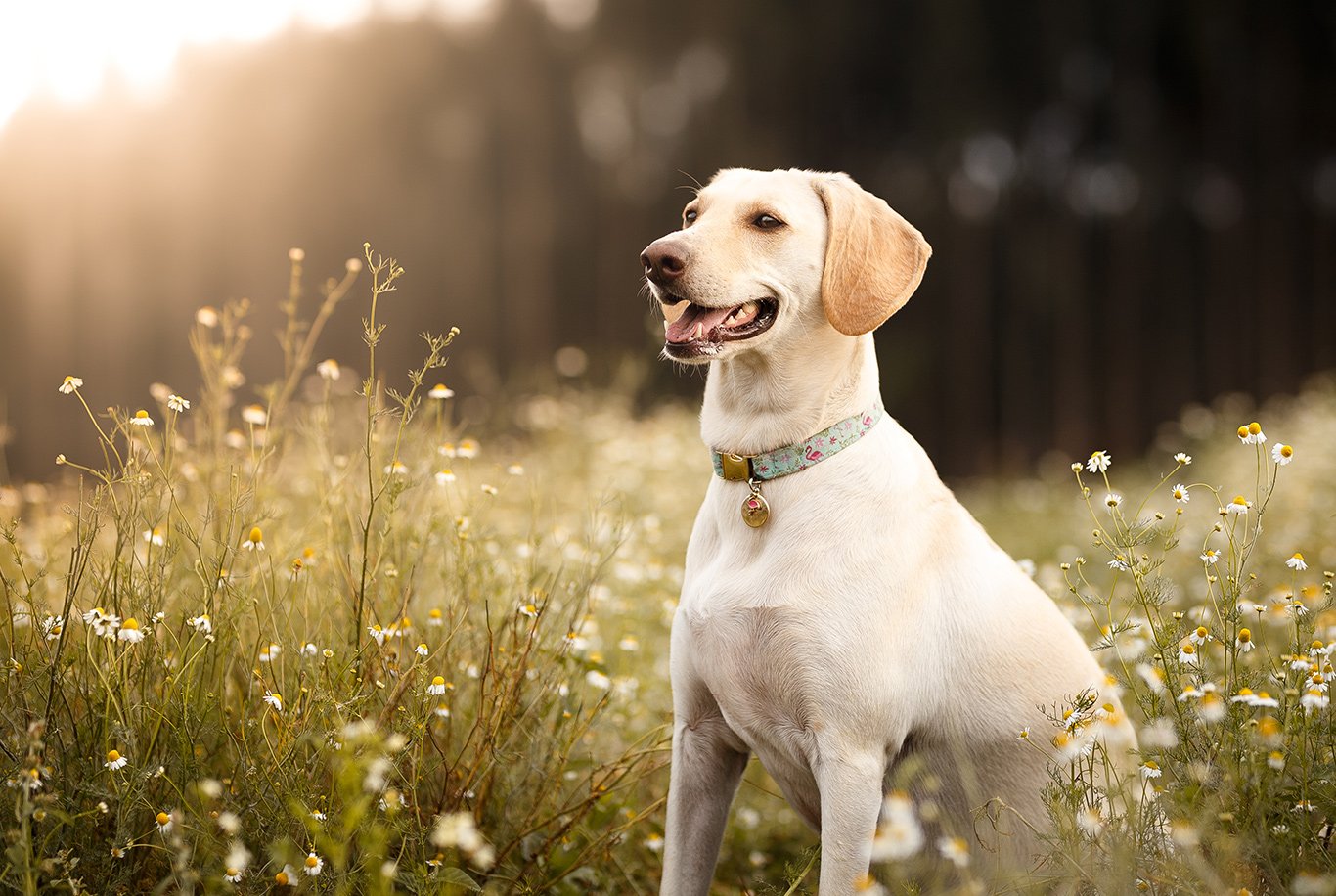
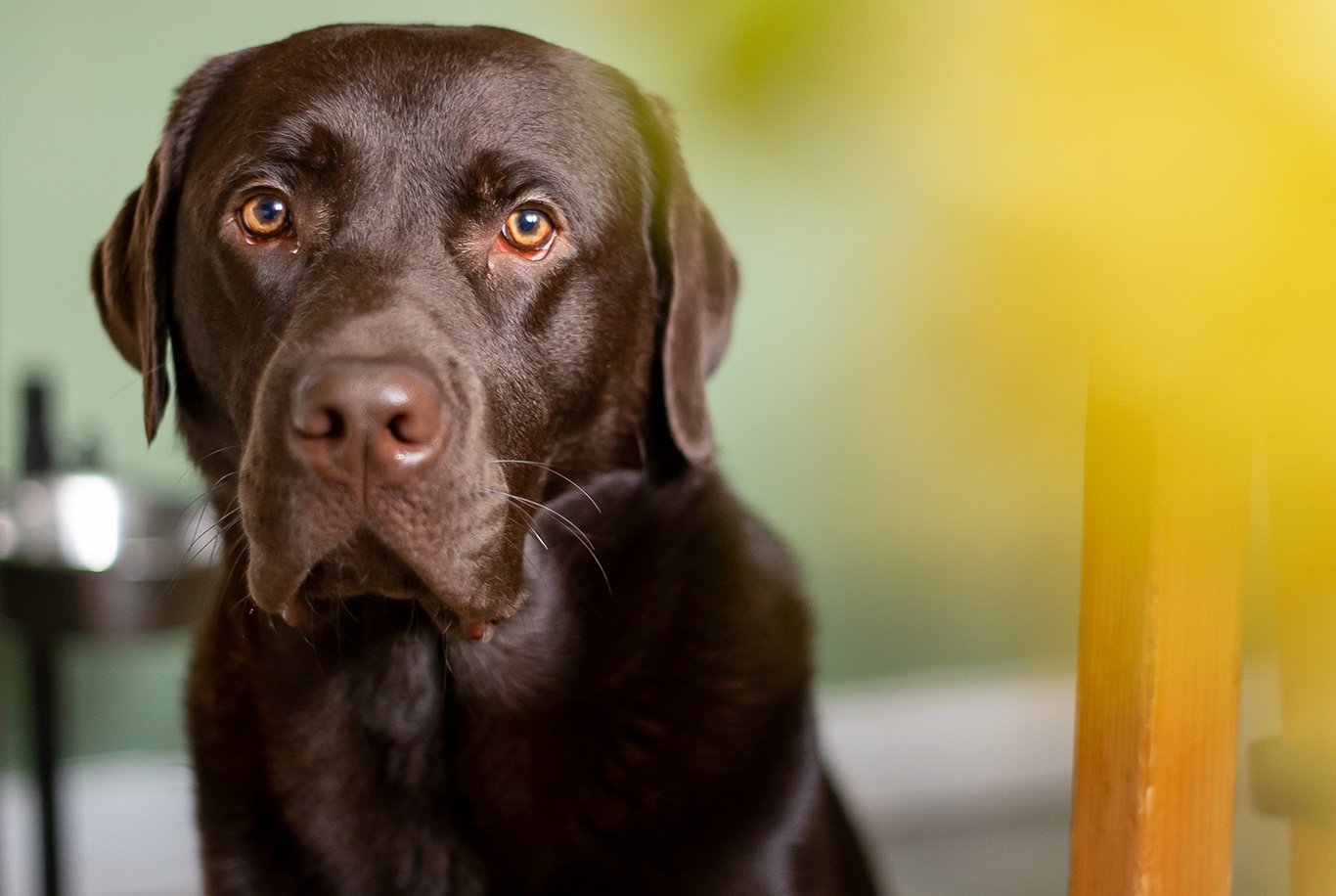
Behaviour
Labrador Retrievers are described as kind, outgoing and pleasant. Since they are very evenly-tempered they make for a great companion and family dog. This breed is well-behaved both around children and other animals. Labradors are very enthusiastic and full of energy. As a breed they are very curious and fond of exploration, they love following scents, people or animals and can easily separate from their owners while doing so. Labrador Retrievers are considered one of the brightest dogs - their intelligence requires proper stimulation, otherwise, dogs become bored. This dog breed makes for a great working dog in hunting, therapy work or assistance dogs.
Requirements
Labrador Retrievers love food and should be provided with a healthy diet and a good dose of exercise to maintain proper weight. This breed is somewhat prone to elbow and hip dysplasia, but not as much as other breeds. Joint supplements (Husse Artro Plus) or food containing chondroitin and glucosamine are advised to maintain good health.
Daily care
A healthy, well-balanced diet and proper exercise is key for this breed to prevent obesity. Labrador Retrievers do not require extensive brushing. During shedding season it is advised to remove dead hairs from the coat. Labradors have a naturally oily coat which helps them stay warm during winter or swimming in cold water. This breed should not be bathed too often - only if particularly dirty or on average not more than 3 to 4 times a year. Labrador’s hanging ears can retain too much moisture, which can lead to infections. Frequent ear checks (especially after swimming sessions) are advised.
 dr Anna Plummervet and blogger
dr Anna Plummervet and blogger

















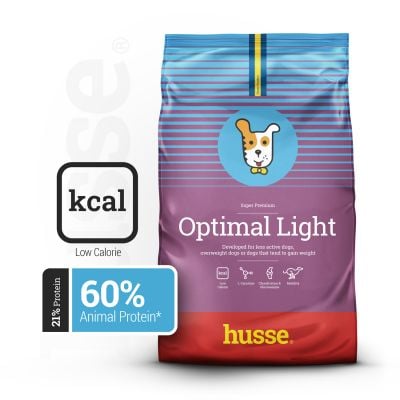


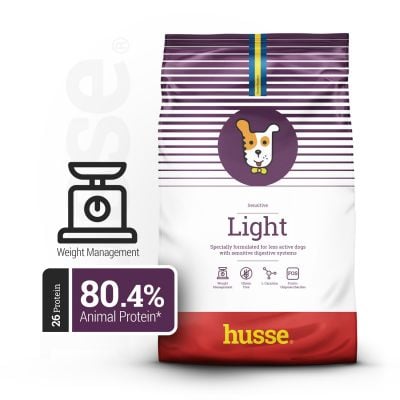

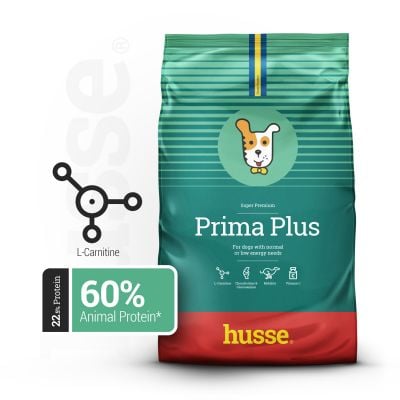
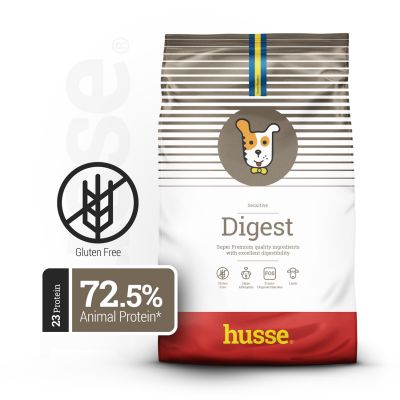
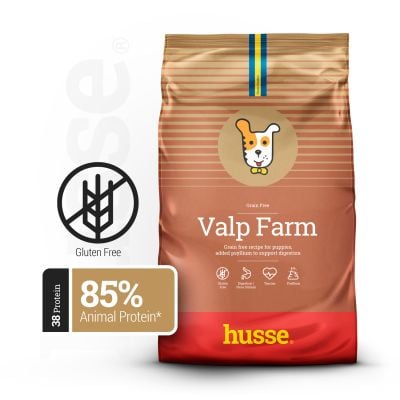
 German shepherd
German shepherd Maltese
Maltese Golden retriever
Golden retriever Beagle
Beagle Rottweiler
Rottweiler Great Dane
Great Dane Poodle
Poodle Siberian husky
Siberian husky French bulldog
French bulldog Pug
Pug Border collie
Border collie Chihuahua
Chihuahua Pomeranian
Pomeranian Labrador retriever
Labrador retriever English bulldog
English bulldog Chow chow
Chow chow Samoyed
Samoyed Cane corso
Cane corso Doberman
Doberman Bernese Mountain Dog
Bernese Mountain Dog Cavalier King Charles Spaniel
Cavalier King Charles Spaniel Cocker Spaniel
Cocker Spaniel Dachshund
Dachshund St. Bernard
St. Bernard Maine coon
Maine coon Ragdoll
Ragdoll Persian cat
Persian cat Siamese cat
Siamese cat Cornish rex
Cornish rex Turkish van
Turkish van Devon rex
Devon rex Scottish fold
Scottish fold Siberian cat
Siberian cat Selkirk rex
Selkirk rex British shorthair
British shorthair Bengal cat
Bengal cat1.jpg)
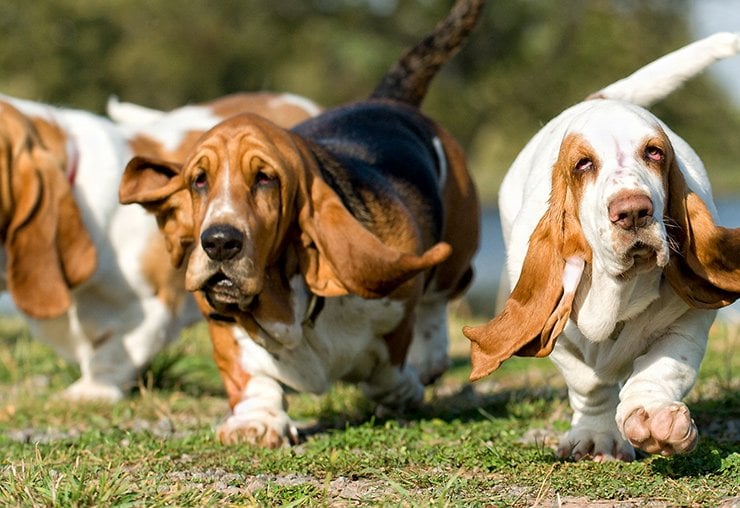
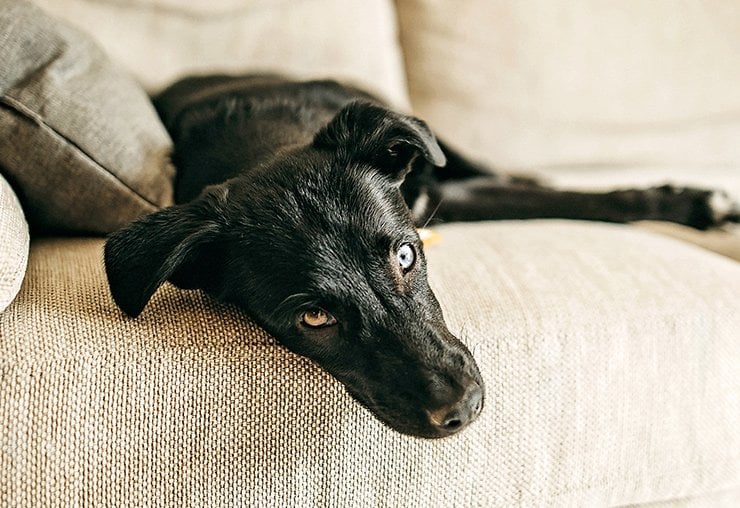

.png)
